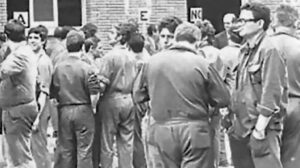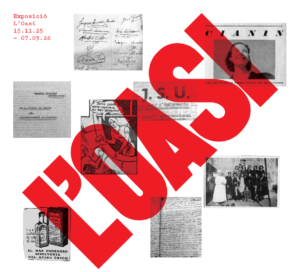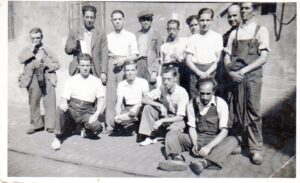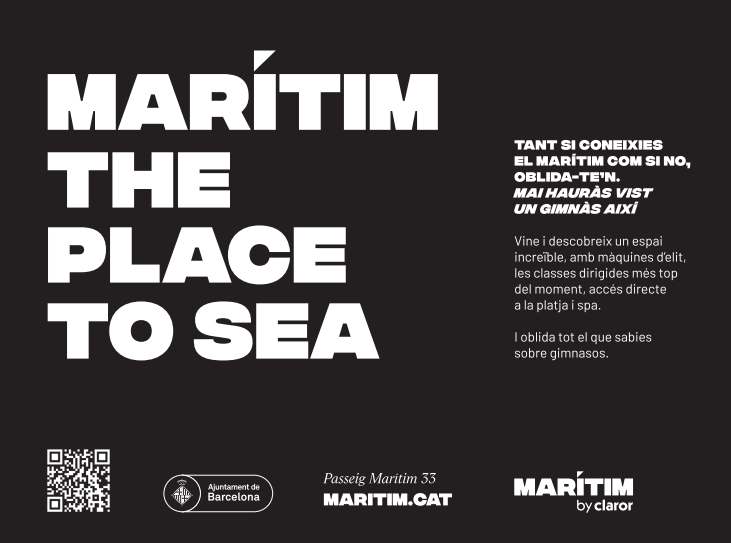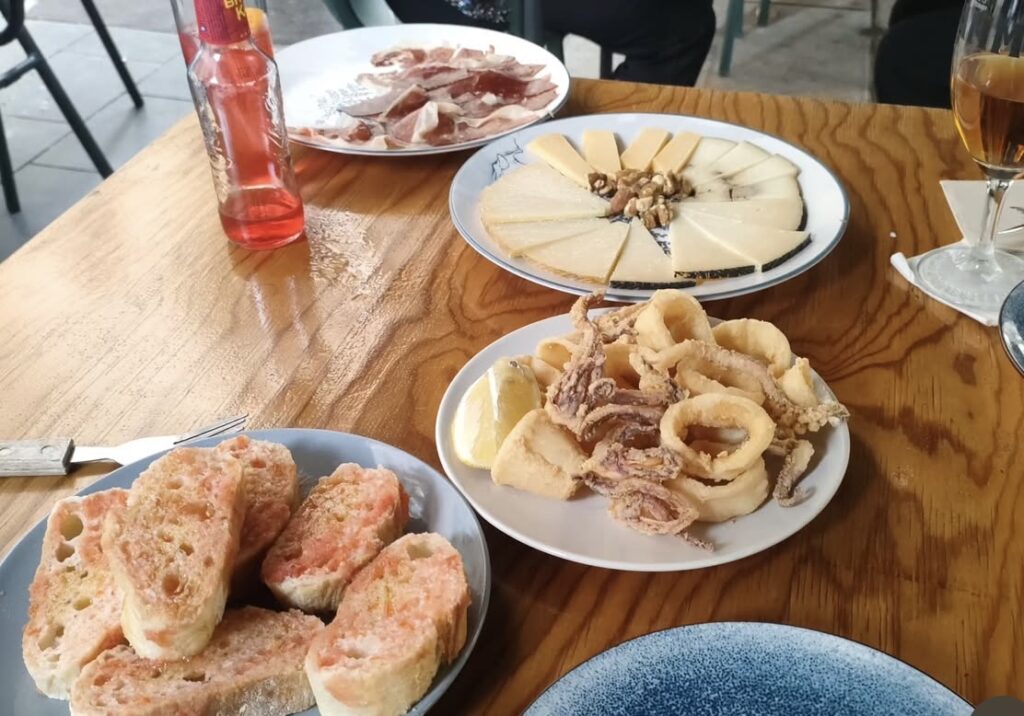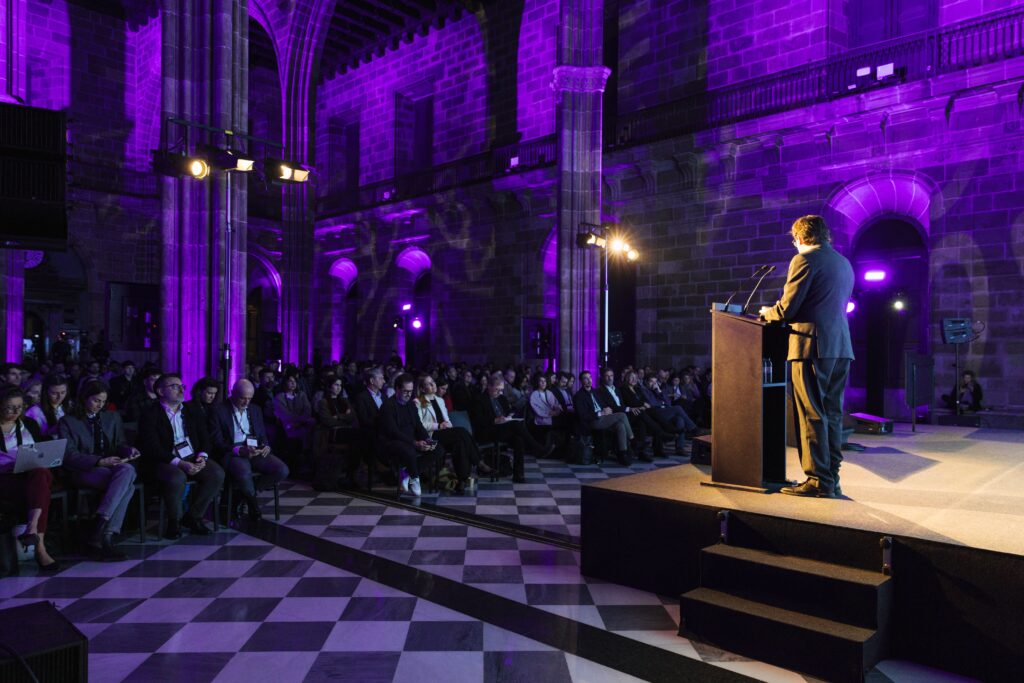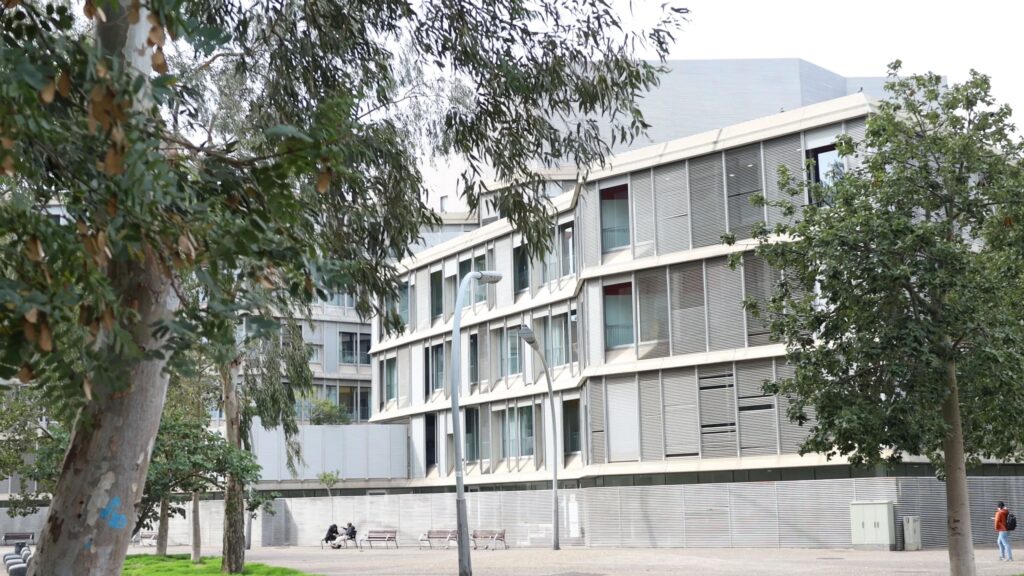The term identity is defined as the set of unique features that characterize a person compared to others, a group or, if it concerns us, a neighbourhood.
Those of us who already have grey or bald hair, long for, and even demand, a neighbourhood identity that for us has not always evolved for the better.
We tend to convince ourselves that past times were better. Maybe yes, maybe not. Memory is selective, subjective, and we often like it to lie to us.
But the fact is that the Barceloneta of our youth, say thirty years ago, is not the same as it is today. And the Barceloneta of our parents’ youth, sixty years ago, was not the same as the 80s or 90s either. And so, we could rewind generation after generation.
Everything evolves. You, me and, of course, the neighbourhood. The point is that changes, even if they are new or different, add up for the better; and those that are not so good, add up for the worse.
In both cases we can agree and disagree. A change that I see as positive you may not see as such, or vice versa. Respectable. The problem is when we agree on changes which contribution is negative. We all have some of them in mind. Because we are all suffering from them. These are the ones that destroy the identity of a neighbourhood, its essence.
We always claim that it is the job of the authorities to fight them. True. But we also have at least one thing to do: not to fall into indifference.
This humble magazine aims at this: not to be indifferent. It is right when it tells us that it does not read reports of conflict situations. It is true. As stated in the editorial of the first issue, what is intended “is to make our past, our present and our future known, as something positive that comforted, comforts and will comfort the essence of the neighbourhood”.
Depending on how you look at it, it is also a way of denouncing. But it is certainly a way of, at least, not falling into indifference.
